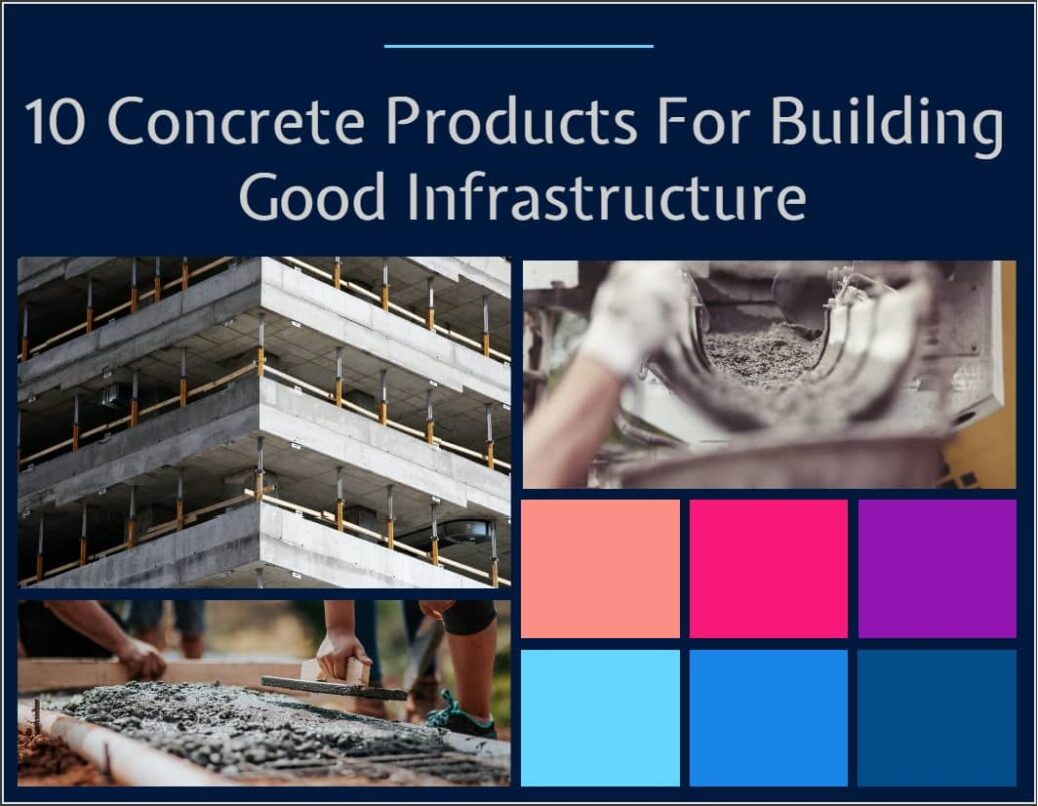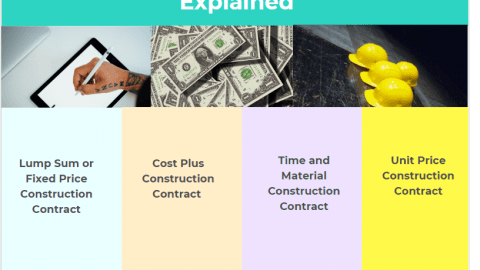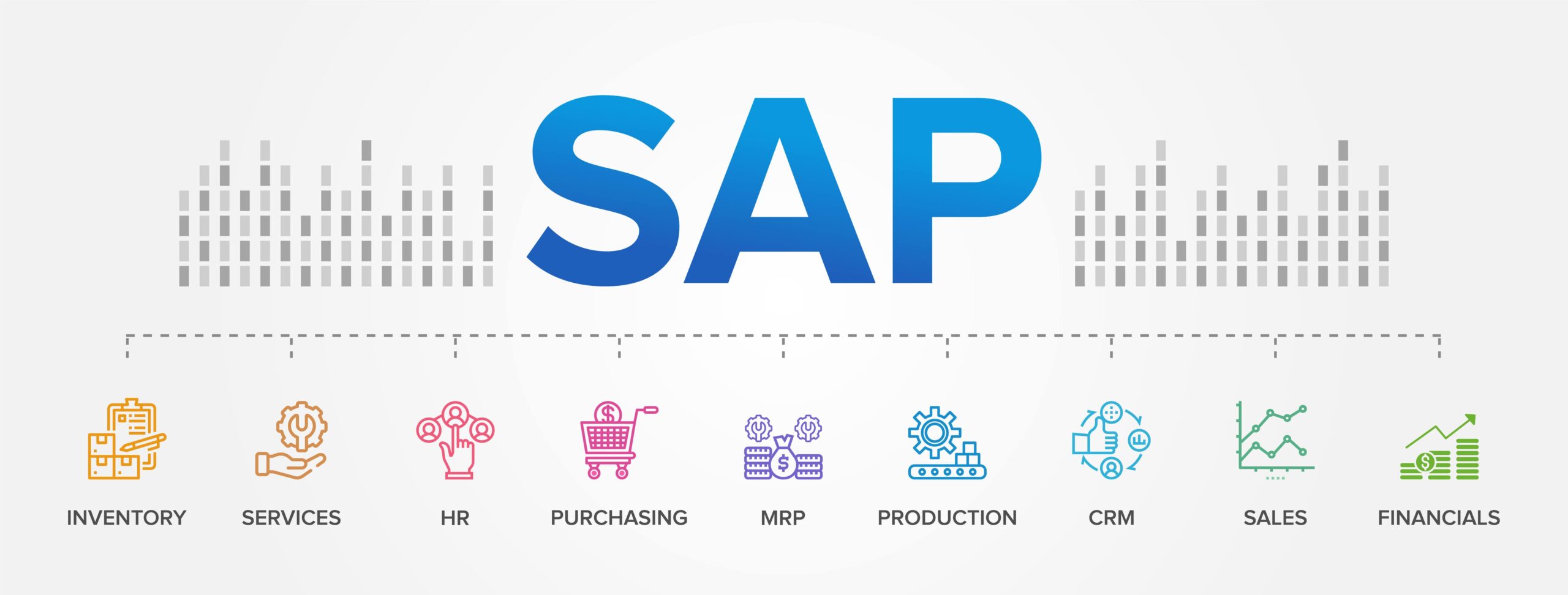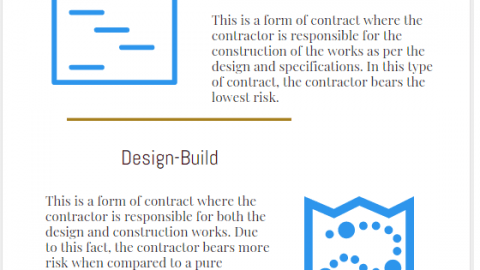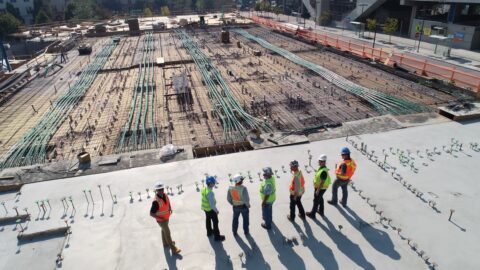10 Concrete Products For Building Good Infrastructure
Concrete products are one of the most essential items one will need to use for construction purposes. In order to have a good infrastructure, workers need concrete slabs and other concrete items to provide a good base for the structure. Hence, the concrete market has a global value of $617,260 million in 2021. If you wish to build a solid infrastructure using concrete products, here are some of the best products that you can use and tips to choose best concrete product supplier.
Table of Contents
1. Isolated footings among concrete products essentials
Firstly, yhese footings are for making low-depth foundations. Secondly, they help to spread the load caused by large structures like columns or pillars. Isolated footings can be made of reinforced as well as non-reinforced materials and can be used for the construction of small buildings.
2. Pocket footings
Pocket footings help to offer more strength to shallow foundations. They also help in spreading and carrying a concentrated load. If you wish to construct a large, commercial building, pocket footings are ideal.
3. Precast piles
Precast piles of concrete products are prefabricated piles made of prestressed concrete driven into the ground using tools like hydraulic hammers. These piles have fixed dimensions and ideal for making conventional foundations for structures. Precast concrete piles are very cheap and durable, which is why they are so popular. The main advantages of using such piles are the high vertical load and resistance.
4. RCC beams
RCC beams are elements of concrete products that help to carry a transverse external load which causes bends or shear forces. These beams are of both concrete as well as steel. The concrete resists the compression region. And the steel goes onto the region of tension. Depending on the size, RCC beams can be further have categories of T-beam, I-beam, Circular beam, and L-beam. They support the roofs, floors, and walls of a house.
5. RCC slabs
These slabs are used to provide support in buildings. RCC slabs with a thickness of 10-50 cms are most widely used to construct floors and ceilings. Thinner slabs are used for exterior paving. In many residential houses, RCC slabs are also used to construct the ground floors. Hence, the slabs are directly placed on the foundations or into the subsoil. In the case of high-rise buildings or skyscrapers, the thin slabs are placed between steel frames for support.
6. Waffle slabs
Waffle slabs are of reinforced concrete that has rib-like structures running on their underside. These slabs are much stronger and more durable than flat slabs. So they are ideal for construction places where the span is greater than 40 feet. Waffle slabs can be used for both ceilings as well as floor slabs. So, in constructions where there are fewer columns, these slabs are ideal.
7. Precast concrete products box culverts
Precast concrete box culverts lay inside in the soil. Culverts may come in various shapes and sizes depending on their purposes like round, elliptical, pear-shaped, or boxes. Box-shaped culverts are used for utility trenches or service tunnels. And they can also hold tanks or steam tunnels.
8. Precast septic tanks
Firstly, precast septic tanks have the material of concrete that are very strong and durable among other concrete products. Hence, they are also watertight and environment-friendly. If you have any residential waste management procedures, these septic tanks will be perfect. According to your desired dimensions, the tanks can be constructed easily and even fitted in your home as well.
9. Precast joint roof
Precast joint roofing is a technique where precast reinforced planks of concrete are used on RCC joists. So, the roof will be ready by pouring concrete over these planks. And the partially precast joists.
10. Load-bearing and non-load bearing walls of concrete products
Load-bearing concrete walls support overhead structures. Because they are mostly 125-200 mm in thickness and can provide great strength. Non-load bearing walls only carry their own weight and usually need a support by steel shelf angles. And they can be 50-100 mm in thickness.
How to choose best concrete products supplier?
Concrete products supplier’s distance:
It is preferable if you can choose a concrete provider who is near to your location. To begin, you don’t want to wait long after obtaining ready mix concrete since it should be in place within 90 minutes for best effects. Additionally, additional transportation expenses, such as gasoline and time, will result in you paying more for your concrete.
Good online reviews for concrete products:
Another option for finding concrete product providers is to ask about in the construction sector and read internet reviews. Choose a provider with a lot of expertise and a lot of positive feedback on both their goods and their customer service. You want a dependable source that will deliver precisely what you need, on schedule, and professionally when you purchase ready mix concrete.
Truck capacity:
If you require a significant quantity of ready mix concrete goods for a major construction project, you’ll want to buy from a provider with large capacity trucks. So that the concrete will spread swiftly and effectively. A smaller truck, on the other hand, would be a better alternative if your concrete job is along a tight route.
When speaking with concrete product suppliers, it’s crucial to understand their truck size and whether or not they’ll be adequate for the size and location of your project.
Over to you: Choosing Best Concrete Products …
Concrete and concrete-based products are essential to building any kind of infrastructure. They not only provide great strength and durability but are also cost-effective. And almost any kind of construction we see nowadays is concrete, be it foundations, pillars, roofs, or structures like toilets. So if you wish to construct something that will last you for years and withstand extreme temperatures, concrete is easily the best option.

Victor Z Young is a Civil Engineer with 35 years of experience working alongside the executive team of various construction companies. Victor specializes in construction insurance, delay analysis, performance analysis and engineering. He holds a Doctor of Project Management from Northwestern University.

